Eni to help boost biofuel production in the Congo
- Biofuels News
- 06 October 2021
The Italian firm Eni has signed a Memorandum of Understanding with the Republic of Congo to produce castor beans on 150,000 ha for biofuel
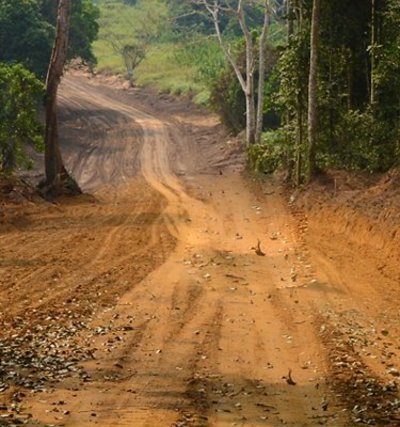
The Italian firm Eni has signed a Memorandum of Understanding with the Republic of Congo to produce castor beans on 150,000 ha for biofuel

Le groupe énergétique italien Eni a signé un protocole d’accord avec le gouvernment angolais pour produire des graines de ricin et certaines céréales comme biocarburants en Angola

The Agricultural Products Industrial Park, Port and New City in Kilwa, Tanzania involves 80,000 acres of land, and the companies have obtained a land use certificate from the Tanzania government.
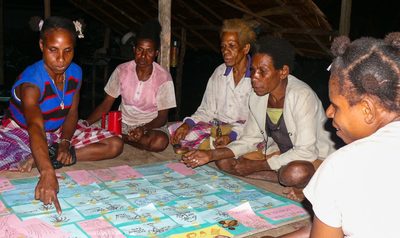
There is a common and well-known philosophy throughout Papua, which represents the strong bond between women and nature; “Land is Mama”. We might suspect that it sounds like a romantic attachment of the stereotype of domestic work to one gender. However, it is reflected in what these Indigenous women, who fight for their land are doing.
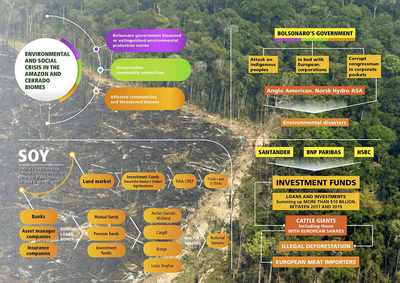
European firms are involved at different stages of the supply chain of soy, meat and metal – industries which are the main drivers of the deforestation of the Amazon and Cerrado regions in Brazil
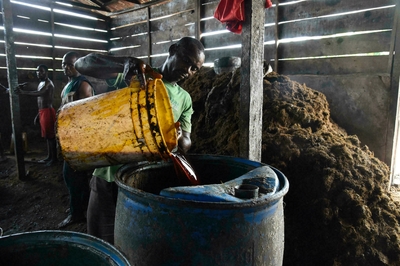
Government of Nigeria is pumping new money into the palm oil sector but the funds go to companies like the European giant Socfin, not small Nigerian farmers
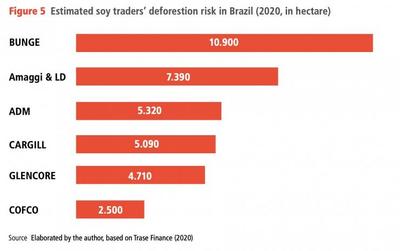
L’Amazonie et la région du Cerrado font face à des destructions dévastatrices pour exporter de la viande et du soja à bas prix. Un rapport inédit pointe la responsabilité des entreprises européennes.
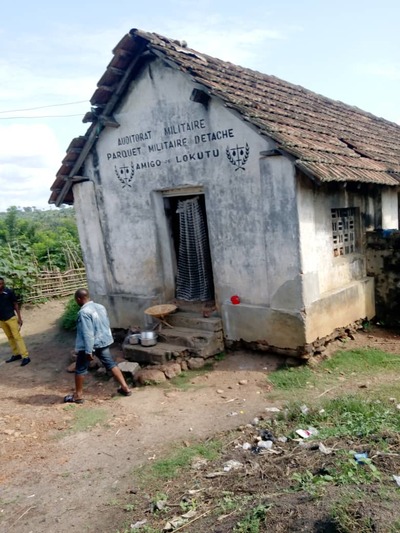
La recrudescence des tensions entre la société PHC et les communautés reste très fréquente, malgré les multiples publications sur les mauvais traitements des travailleurs et le non-respect des droits des communautés ayant-droits.

Extinction Rebellion demande l'arrêt des vols privés, grande source d'emissions de gaz à effet de serre et d'accaparements de terres (biocarburant)
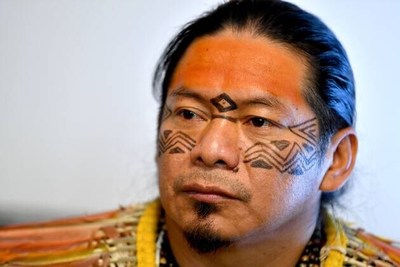
L'administration Bolsonaro travaille à légaliser et institutionnaliser l’accaparement des territoires des peuples originaires, explique chef brésilien du peuple Huni Kui à Emmanuel Macron
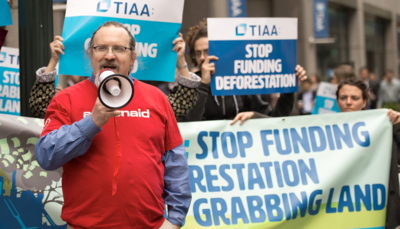
A campaign by U.S. and Brazilian activists challenging TIAA and other financial firms’ complicity in land grabs and deforestation in Brazil is scoring major victories.
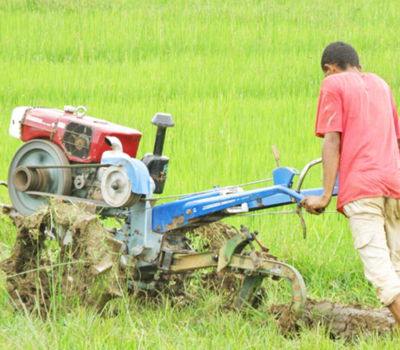
"Malgré les terres exploitables, les dizaines d’années d’expériences agricoles et les multiples avantages, Madagascar n’est pas encore le pays de l’agri-business," regrette l'Express de Madagascar

Indigenous people, peasants and indentured labour/migrant workers, forest dwellers, pastoralists and nomads, and fisherfolk are the canaries in the neo-colonial mine of capitalist accumulation.
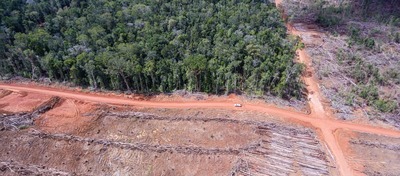
Despite the fact that Indonesia’s deforestation rate reached a historic low in 2020, the social, cultural, and ecological wellbeing of people whose livelihoods depend on forests has continued to suffer greatly. The indigenous Marind people in Papua, for example, have seen 1.2 million hectares of their lands and forests targeted for oil palm and timber plantations as part of the Merauke Integrated Food and Energy Estate. This has led not only to food and water insecurity but also fundamental shifts in the food and eating habits of the Marind people. Why is this happening?
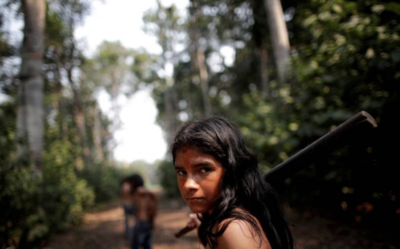
In Brazil, green land grabbing allows owners to legally deforest a higher percentage of their actual farmland by counting the illegally acquired land as their set-aside natural reserve.